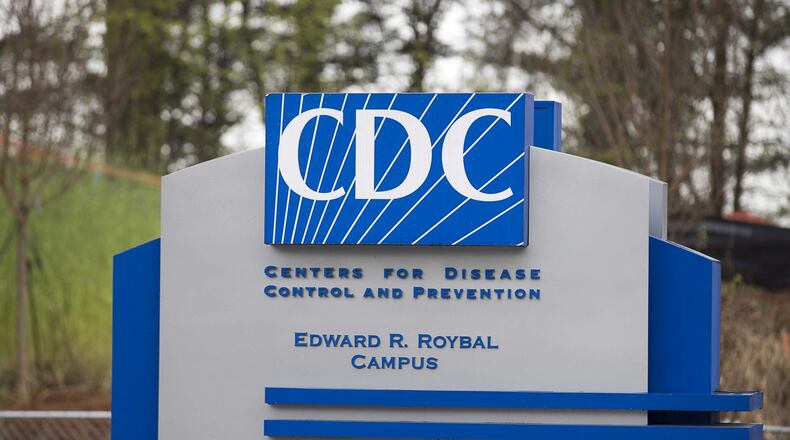Officials plan to announce a new Atlanta-based pandemic response center on Thursday that aims to serve a go-between for private sector groups seeking to aid the government’s coronavirus response, The Atlanta Journal-Constitution has learned.
The Global Health Crisis Coordination Center will vet offers from companies and nonprofits that want to assist with the pandemic, which has spread governments and hospitals thin over the last month. Organizers say the center will also help connect outside groups offering donations, volunteers, equipment or expertise with states, hospitals and others in need.
For now, the center has no physical office space but a handful of people have already been at work on the coronavirus pandemic, helping move critical equipment such as masks and ventilators. The center’s staff recently secured 1,000 ventilators for a handful of states, including Georgia, and helped the Atlanta company PinDrop connect with a supplier to donate $40,000 in masks to health care workers, organizers said.
The center wants “to really organize the private sector,” Executive Director Ken Berta said in an interview. “If we find hospitals or public health services that need additional help and we can bridge that gap, we will do that.”
The initiative is being funded with $1 million in seed money from Microsoft and the CDC Foundation, the independent nonprofit that helps support the work of the federal Centers for Disease Control and Prevention. Berta said organizers want to raise an additional $7 million.
The center has been in the works for two years. When the Metro Atlanta Chamber hired the consulting firm Deloitte to study how to best leverage the city’s resources as a business, logistics and health care hub, disaster response and crisis coordination were shortlisted as areas of need.
Then the coronavirus started sweeping the globe. The CDC Foundation was swamped and urged the center, which was in its final blueprint phase, to launch immediately.
“This was just a moment where we really needed additional help because of the overwhelming response that we were receiving,” said Foundation President and CEO Judy Monroe, who co-chairs the center. We needed “a place where that could be coordinated, thought through and acted upon.”
Several Atlanta-area Fortune 500 organizations and universities are involved, including Delta Air Lines, UPS, MedShare, Georgia Tech, Emory and the Morehouse School of Medicine. Berta said many have offered up expertise such as logistics planning, software and scientific testing. Others have loaned warehouses, trucks, airplanes and even trusted suppliers abroad.
The mix of expertise makes Atlanta uniquely positioned to respond to the needs of world crises, said David Hartnett, chief economic development officer at the Metro Atlanta Chamber.
“There is no location where you have, within a phone call away, a network of private, public and academic resources that can be mobilized literally instantaneously and address the problems at hand, and in this case it’s saving people’s lives,” said Hartnett.
The center will be internationally focused and eventually tackle crises beyond the coronavirus, including natural disasters like hurricanes and earthquakes that often have public health components. It plans to keep its core staff small — it currently has a half-dozen full time staffers — but Berta said the organization will be able to temporarily pull people from partner companies and universities as crises run their course depending on needs.
“A center like this would be extremely beneficial in helping to coordinate the public health response to this current pandemic and other health emergencies,” said Sarah McCool, a Georgia State University School of Public Health professor who specializes in public-private partnerships and is not affiliated with the center.
The center is attached to the Center for Global Health Innovation, a coalition of four health-based Atlanta nonprofits launched in January.
Over the last several years, business leaders have moved to position the city as a hub for public health. The AJC reported in February that stakeholders were close to announcing a new health care innovation district not unlike Technology Square to lure thousands of high-paying health technology jobs to the region. Microsoft was one of the companies being courted, the AJC reported.
Staff writer J. Scott Trubey contributed to this article.
About the Author
Keep Reading
The Latest
Featured






